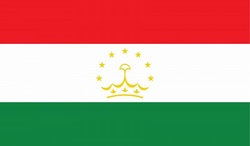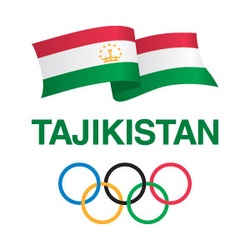Tajikistan, officially Republic of Tajikistan, country lying in the heart of Central Asia.
It is bordered by Kyrgyzstan on the north, China on the east, Afghanistan on the south, and Uzbekistan on the west and northwest.
Tajikistan encompasses the smallest amount of land among the five Central Asian states, but in terms of elevation it surpasses them all, enclosing more and higher mountains than any other country in the region. Tajikistan was a constituent (union) republic of the Soviet Union from 1929 until its independence in 1991. The capital is Dushanbe.
























































